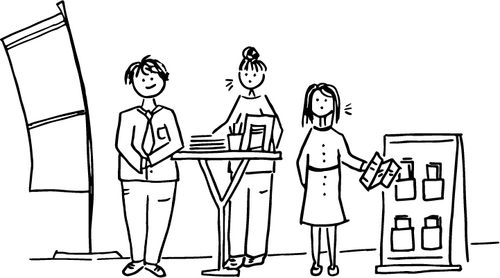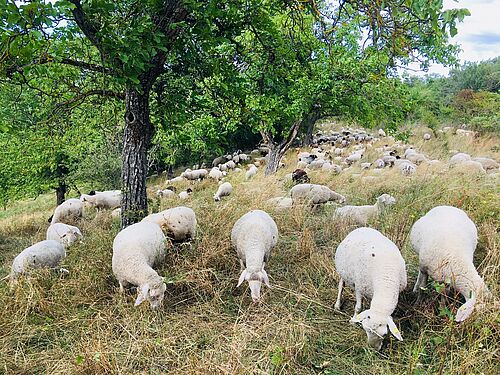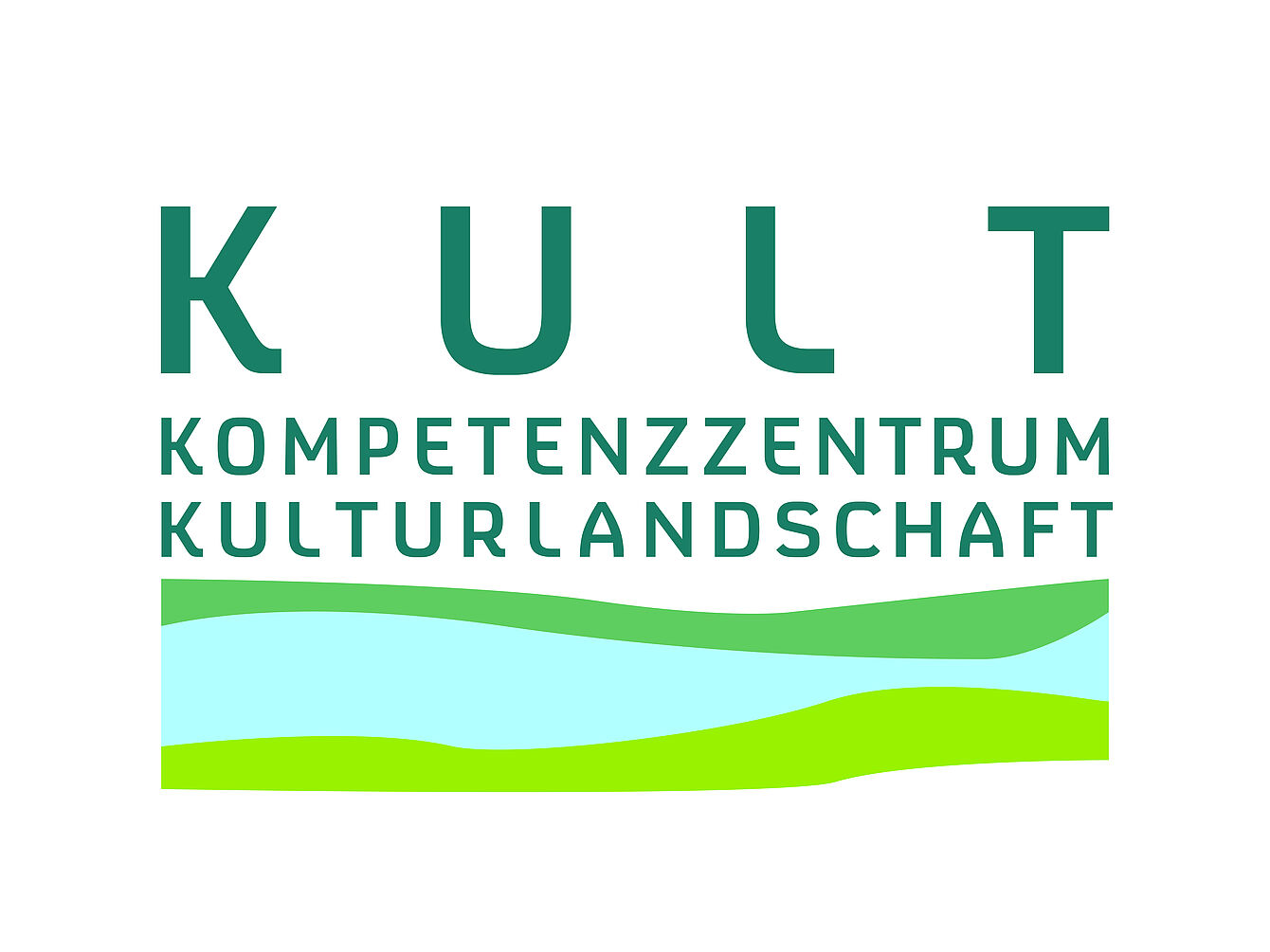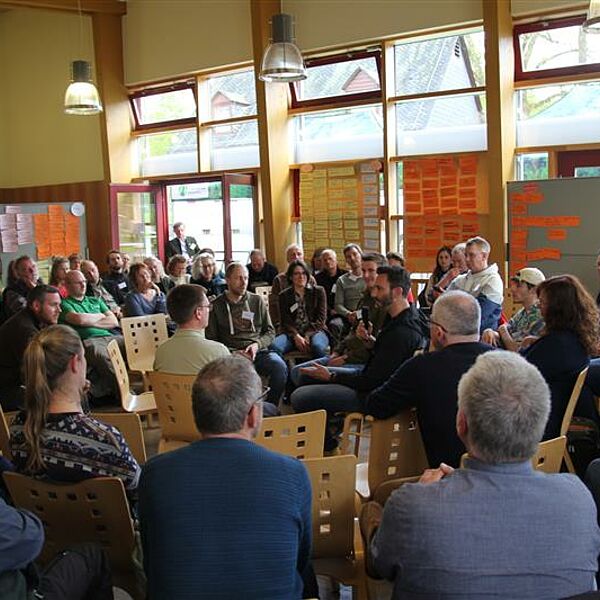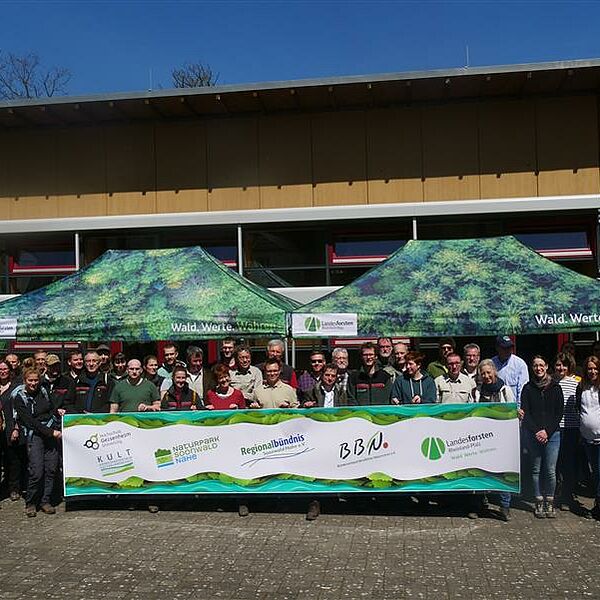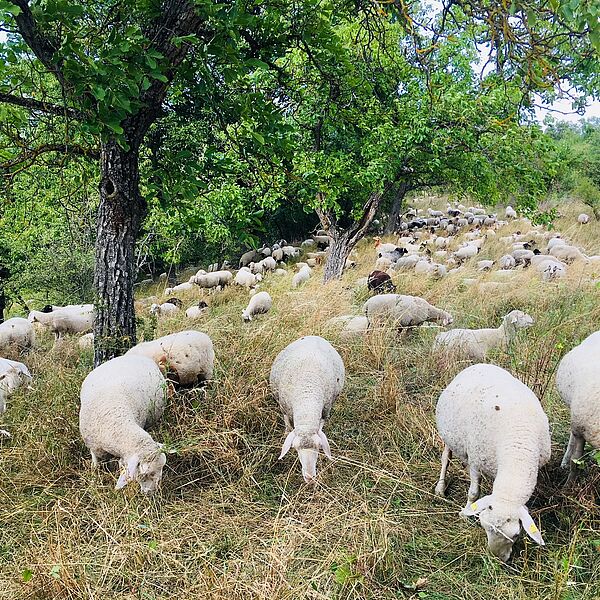For centuries steep slope vineyards have been a dominant feature of the majority of cultural riverscapes. These unique landscapes and their winegrowers face major challenges within the context of climatic developments, the massive loss of biodiversity in many agricultural production locations, economic constraints and the rapid pace of technological development. To create a viable future there must be strong partnerships between research/training and the industry. The cooperation between our university and Hessen’s StaatsweingüterKloster Eberbach, the state-run winery at the Eberbach monastery, are an example of this kind of partnership, committed to securing the future of the steep slope vineyards. On May 29 2018, a press conference was held at the Domäne Assmannshausen to introduce the Steillagen-Allianz or “Steep Slope Alliance”.
Several of our university departments are concerned with this complex subject. They include the Department of General and Organic Viticulture, which addresses the topics of irrigation control and new cultivation methods in steep slope vineyards, the Department of Wine and Beverage Business, which looks at economic issues and carries out cost-benefit analysis, and the Department of Agricultural Engineering, which is testing the application possibilities of a drone.
Although the university has its own wine estate, it has (with one small exception) no steep slope vineyards. This is where the Staatsweingüter come in: of the 240 hectares under cultivation, roughly 40 per cent of the area consists of steep slope vineyards. In addition, they provide extra personnel. The university and the Staatsweingüter reap mutual benefit from the collaboration and can take advantage of the opportunity to model processes and carry out trials on a larger scale.
The aim is to find answers to the questions of how to best equip the industry to face the future in the light of climatic, technological and economic developments, for there are always new challenges to be met. As Prof. Dr. Hans Reiner Schultz, President of Hochschule Geisenheim University explains: “The problem of erosion is steadily increasing” and he adds that old structures and the cultural landscape cannot be preserved without the application of new technologies such as drones. And besides, steep slope vineyards often have no economic alternatives. “We need to constantly reflect upon how we can preserve steep slopes in the long term and how they can be managed profitably”, says Dieter Greiner, chief executive of the Hessische Staatsweingüter GmbH Kloster Eberbach. Prof. Dr. Hans-Peter Schwarz from the Department of Agricultural Engineering points out that “working hours” are a weak point and the use of drones and grape harvesters can produce significant savings. In the steep slope vineyards intensive tests are currently under way with the Agronator, a prototype drone with a span of over 4.6 metres, to see how crop protection products can be applied efficiently and accurately. Up to now in poorly accessible locations this has always been done by helicopter, but unfortunately these are very loud and, due to excessive spray drift, the application of the crop protection products has not been particularly satisfactory.
According to Prof. Dr. Manfred Stoll from the Department of General and Organic Viticulture, the key challenge faced by the newly formed alliance is to put the research results into practice within the industry. Another area of research is the comparison of down-slope cultivation with cross terracing. Besides the winegrowing area, the latter system also produces an additional ecological space, which enhances biodiversity, whilst its vegetation also provides erosion protection. In addition, these terraces can be accessed by conventional narrow-track tractors. As research always requires financial support, the Steillagen-Allianz receives funding from the HMWK (Hessen’s Ministry for Science and the Arts). Working in collaboration with three pilot operations (the Staatsweingüter and the Laquai and Ratzenberger wine estates), the BioQuis project conducts research into cross-terracing and is funded by the DBU (the German Federal Environmental Foundation).
In future, agriculture will also undergo major changes through the use of robotics, which will give winegrowers greater flexibility and the chance to use alternative cultivation methods such as minimal pruning. As the soil in steep slope vineyards cannot absorb as much water as in other places, targeted irrigation control is vital. It will also be important to conduct tests on red grape varieties, because steep slopes offer more sun and customers are willing to pay more for red wine. Nevertheless, it is still crucial that we communicate the unique characteristics of steep slope wine to the customer, that we appreciate the added effort involved in its production and that we commit ourselves to preserving the cultural landscape.

